Estimated reading time: 3 minutes
Virginia has decided to step back from its electric vehicle (EV) mandates that aimed to eliminate the sale of new gasoline-powered cars by 2035. This significant policy shift was announced by Governor Glenn Youngkin, a Republican, who revealed that starting in 2025, Virginia will no longer adhere to California’s stringent emissions standards. Instead, the state will follow more lenient federal regulations.
Governor Youngkin’s Stance on Vehicle Emissions Standards
Governor Youngkin stated that Virginia would pivot away from California’s emissions standards, which many Democratic-leaning states have adopted due to a waiver allowing California to set its own requirements.
This waiver permits the state to enforce more rigorous standards than those set by the federal government. In 2021, Virginia adopted these standards under then-Governor Ralph Northam, a Democrat.
However, Youngkin, referencing a legal opinion from Attorney General Jason Miyares, argued that Virginia is not obligated to follow California’s newly adopted standards from 2022. These updated standards include a requirement that 35% of new vehicle sales be zero-emission by 2026, escalating to 100% by 2035.
Freedom of Choice for Virginia Residents
“The notion that the government should dictate the type of vehicles people can purchase is fundamentally flawed,” Youngkin remarked. “Virginians should have the freedom to choose vehicles that best suit their families and businesses.”
Declining Demand for Zero-Emission Vehicles
The decision to reject California’s EV mandates comes amid a noticeable decline in consumer demand for zero-emission vehicles. Major automakers have been adjusting their EV production plans and investments in response to this reduced demand.
The Alliance for Automotive Innovation, representing key automakers, argued that California’s stringent EV standards may not be practical for other states due to varying levels of consumer interest. A report from Youngkin’s office highlighted that only 9% of vehicles sold in Virginia in 2023 were electric.
Political and Legal Controversy
Republican legislators in Virginia have repeatedly attempted to overturn the state’s alignment with California’s standards, but these efforts had failed until Youngkin’s recent announcement. Environmental groups, such as the Virginia Conservation Network, criticized the governor’s decision, with senior policy manager Wyatt Gordon calling it undemocratic and warning that it undermines legislative processes.
“We are deeply concerned that Governor Youngkin believes he can override established law,” Gordon stated.
Virginia Democrats also condemned the move, labeling it as shortsighted and potentially illegal. State Senate Majority Leader Scott Surovell expressed confidence that the judiciary would scrutinize and overturn Youngkin’s decision.
Federal and State Emissions Policies
Simultaneously, industry groups have successfully lobbied the Biden administration for more time to meet stricter federal tailpipe-emissions regulations designed to increase EV adoption. In March, the Environmental Protection Agency (EPA) introduced new standards that increase gradually but aim to ensure that over half of new vehicle sales will be electric by the early 2030s.
The regulatory landscape for vehicle emissions has been contentious. The Trump administration revoked California’s authority to set its own standards in 2019, a decision reversed by the Biden administration in 2022.
In April, the U.S. Court of Appeals for the District of Columbia Circuit denied a request from over a dozen Republican-led states to strip California of its ability to enforce its car pollution regulations.
A New Path for Virginia
Virginia’s shift away from California’s EV mandates marks a significant change in the state’s approach to vehicle emissions standards. While proponents argue that it upholds consumer choice and addresses practical market demands, critics contend it jeopardizes environmental progress and flouts legislative authority. As this policy evolves, it remains a pivotal issue within the broader national debate on emissions standards and environmental regulations.



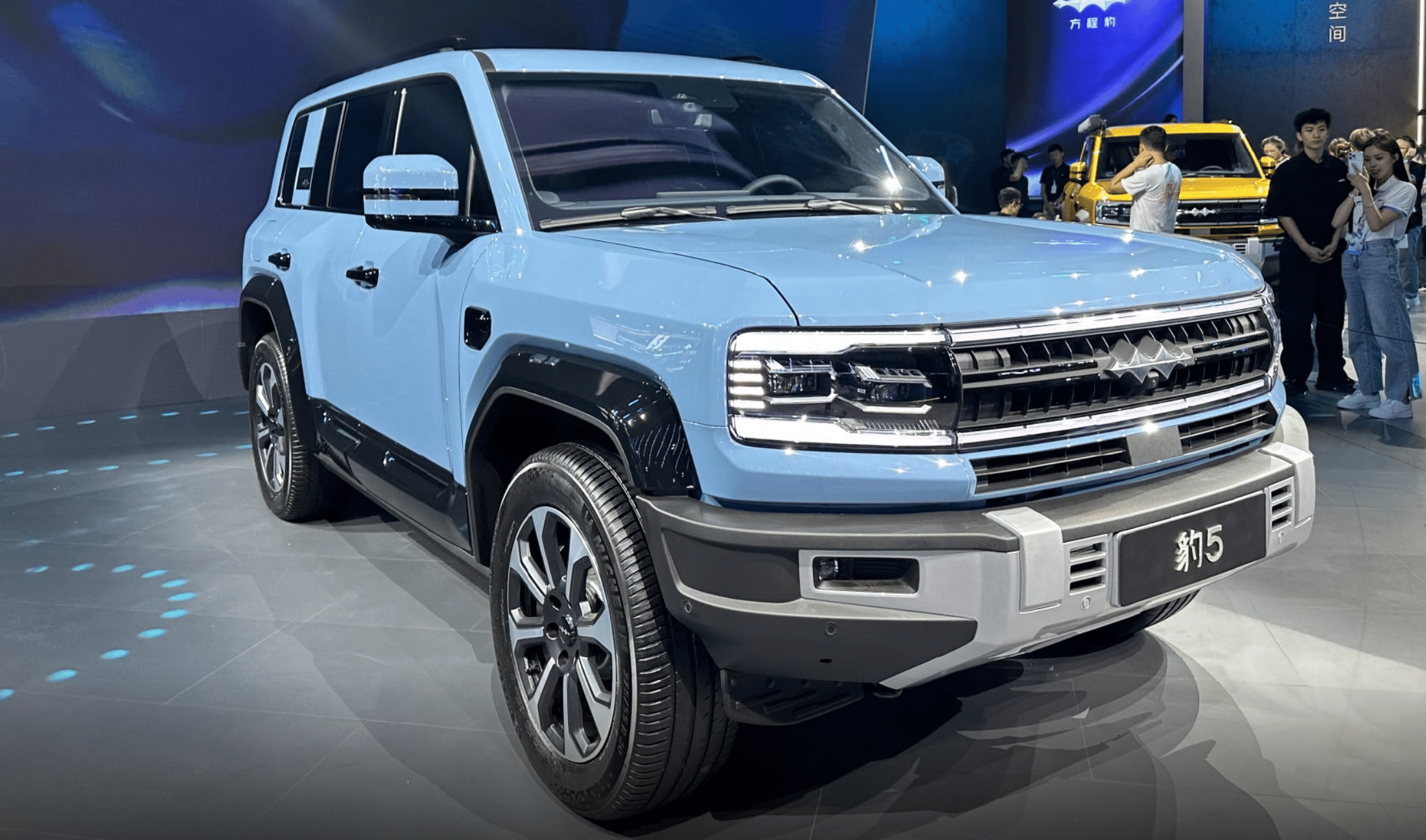
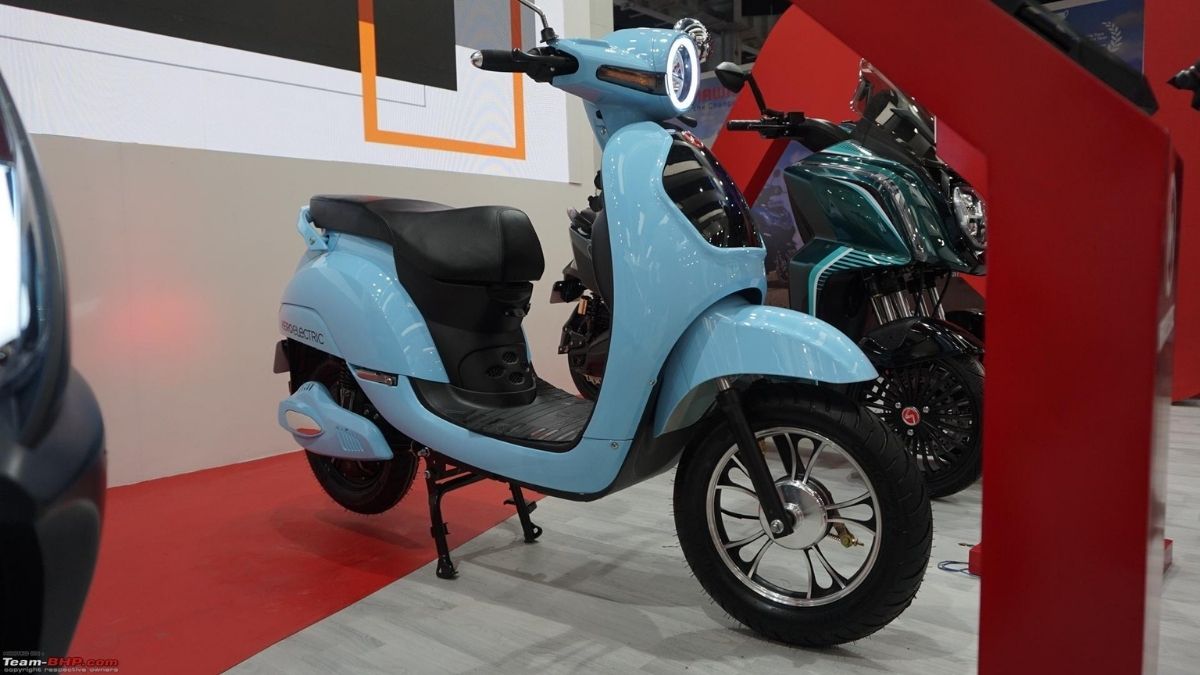
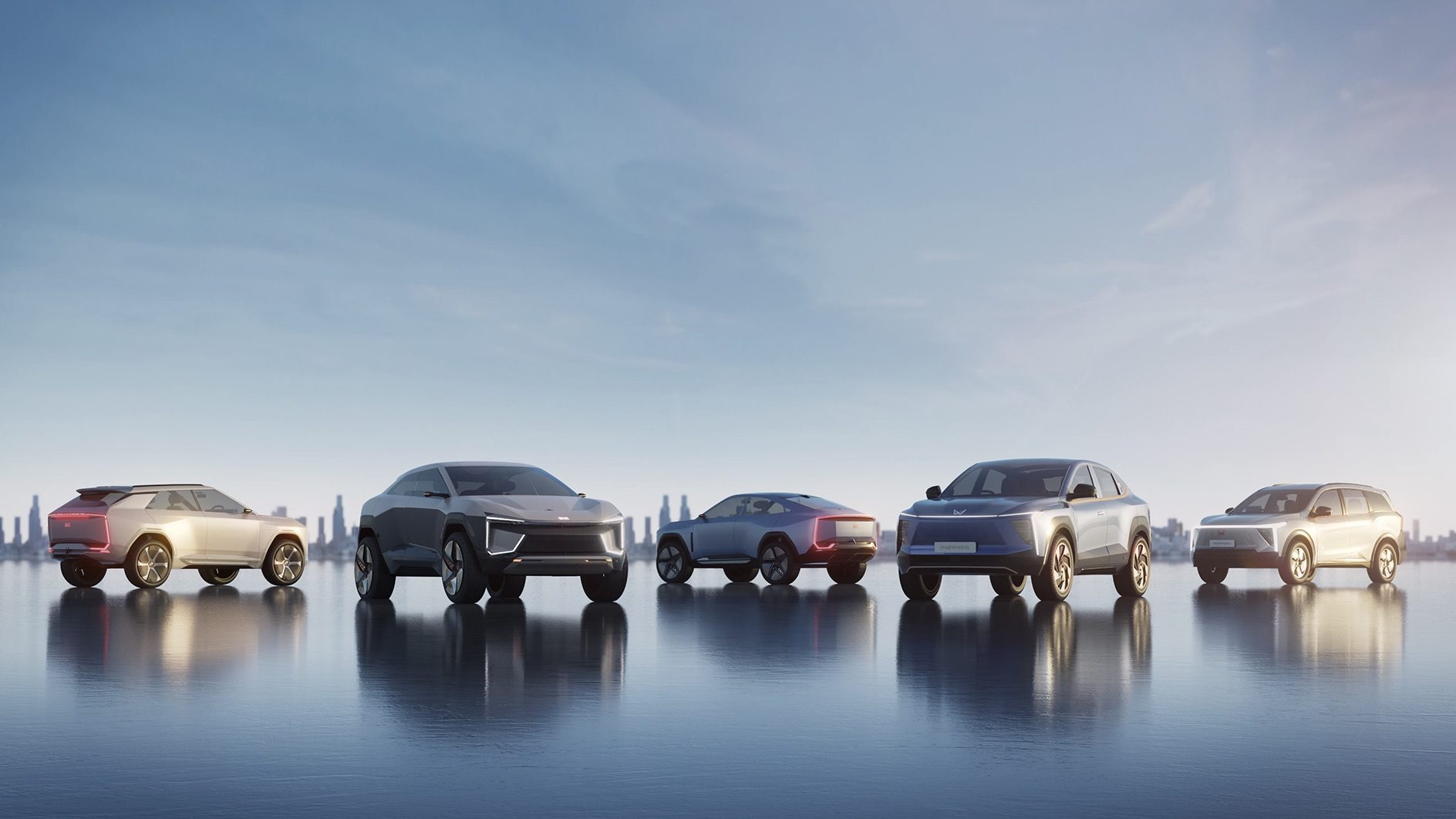








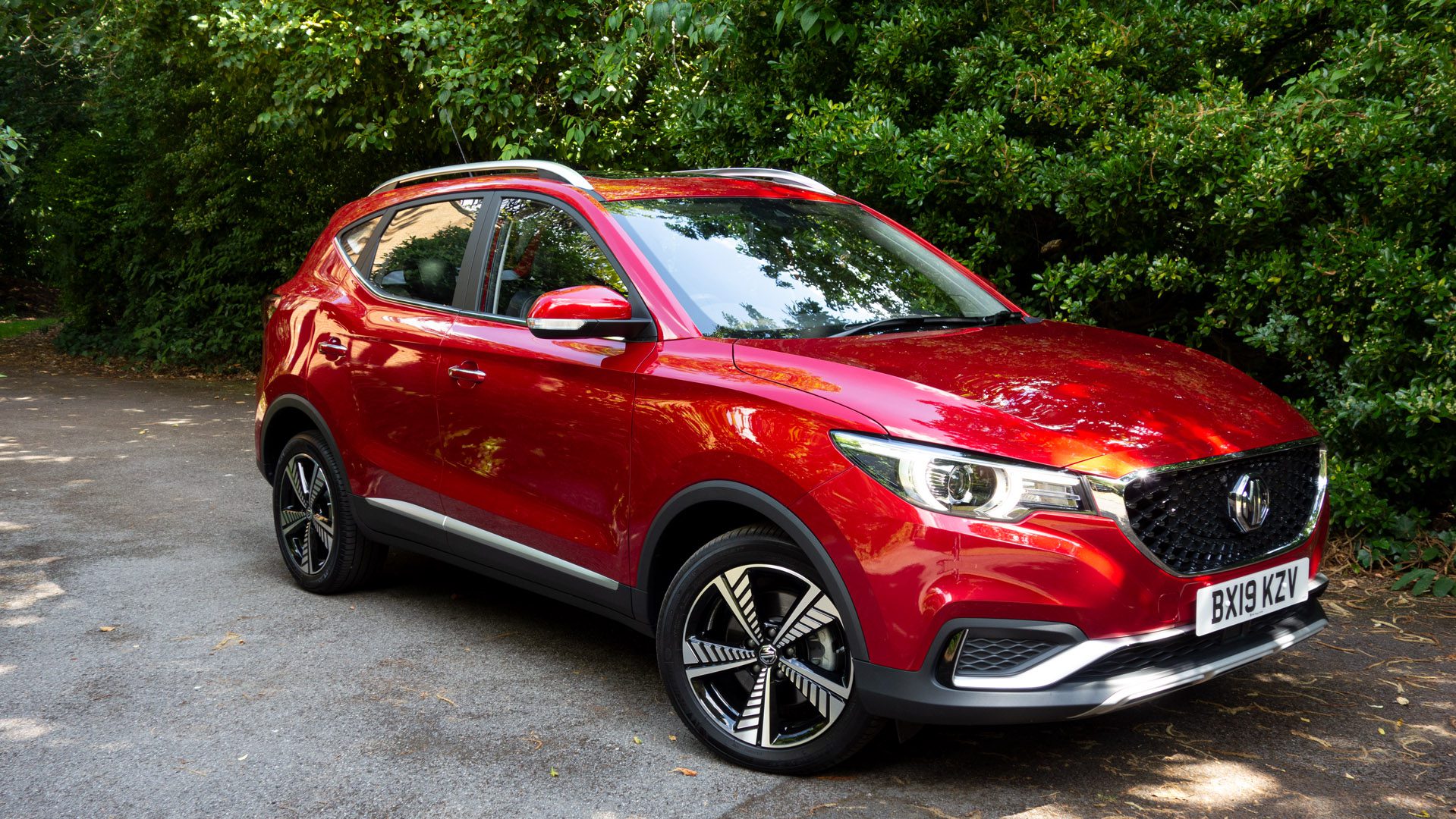



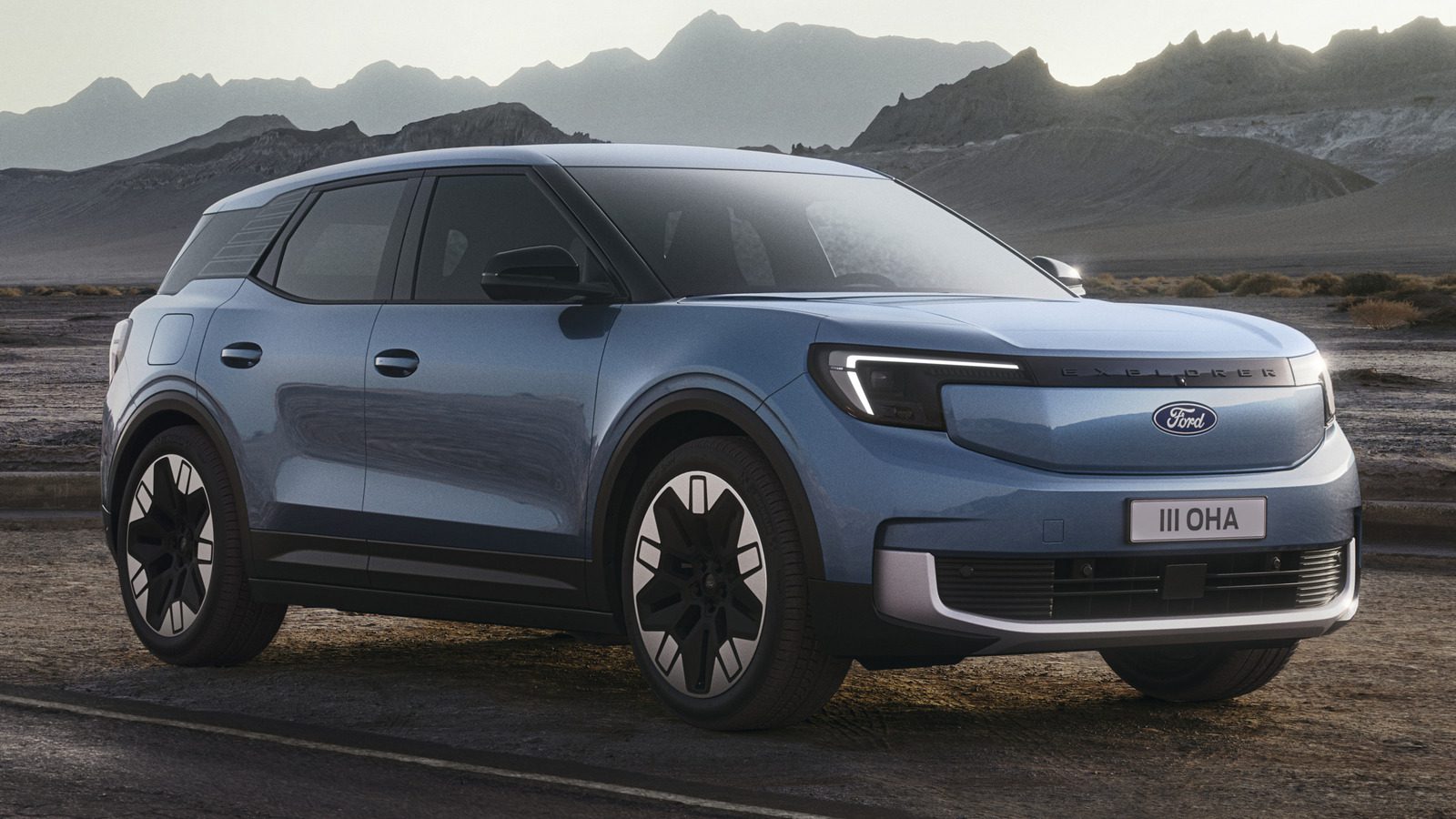


Leave feedback about this